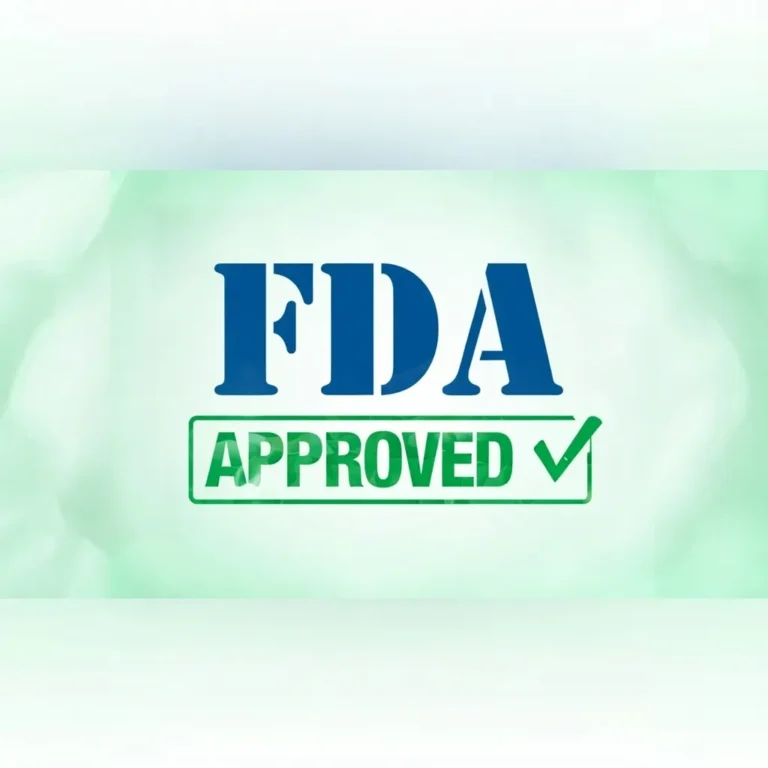The U.S. Food and Drug Administration (FDA) has approved Breyanzi® (lisocabtagene maraleucel; liso-cel), a CD19-directed chimeric antigen receptor (CAR) T cell therapy, for adult patients with relapsed or refractory mantle cell lymphoma (MCL) who have undergone at least two prior lines of systemic therapy, including a Bruton tyrosine kinase (BTK) inhibitor. This approval marks the fourth subtype of non-Hodgkin lymphoma for which Breyanzi is approved, making it the CAR T cell therapy available for the widest range of B-cell malignancies. For relapsed or refractory MCL, Breyanzi is administered as a one-time infusion containing 90 to 110 x 10^6 CAR-positive viable T cells.
“With Breyanzi, we are fulfilling the promise of cell therapy by offering a definitive treatment for some of the most difficult-to-treat lymphomas,” said Bryan Campbell, senior vice president, Head of Commercial, Cell Therapy, Bristol Myers Squibb. “We are proud to bring our differentiated CAR T cell therapy to the most patients across various indications and lines of therapy to ensure that improved treatment options are available when most needed.”
MCL is a rare but aggressive form of non-Hodgkin lymphoma, with many patients relapsing or becoming resistant to frontline therapies. Currently, MCL is considered incurable, with response rates and duration of response typically decreasing with each relapse.
“There have been few advances in the treatment of relapsed or refractory MCL, and prognosis worsens after each subsequent relapse, often leaving patients with high disease burden and difficulty achieving deep and durable responses,” said Michael Wang, M.D., lead investigator and Puddin Clarke Endowed Professor at the University of Texas MD Anderson Cancer Center. “The approval of Breyanzi offers an important new CAR T treatment option with high rates of lasting responses and a consistent safety profile, crucial for patients with limited options for this aggressive disease.”
The approval of Breyanzi is based on results from the MCL cohort of the TRANSCEND NHL 001 study, which enrolled adults with relapsed or refractory MCL who had received at least two prior lines of therapy, including a BTK inhibitor. Among patients treated with Breyanzi and evaluated for efficacy (n=68), 85.3% responded to treatment, with 67.6% achieving a complete response (CR). Responses were rapid and durable, with a median time to response of one month and a median duration of response of 13.3 months. More than half of the responders remained in response at 12 months, and 38.8% at 18 months. The primary analysis published in the Journal of Clinical Oncology showed an overall response rate of 83.1% and a CR rate of 72.3%. Median duration of response was 15.7 months, and progression-free survival was 15.3 months.
Breyanzi has shown a consistent safety profile across clinical trials (n=702), with any grade cytokine release syndrome (CRS) occurring in 54% of patients, including Grade 3 or higher in 3.2% of patients. Any grade neurologic events (NEs) were reported in 31% of patients, including Grade 3 or higher in 10% of patients. NEs resolved in 88% of patients. The safety profile of Breyanzi allows for outpatient treatment and management of patients.
“The approval of Breyanzi brings a new CAR T cell therapy option to patients battling relapsed or refractory MCL,” said Meghan Gutierrez, chief executive officer of the Lymphoma Research Foundation. “Each advance in treatment represents significant progress in improving patient outcomes, and this new treatment provides a potentially transformative option where few exist. We are grateful for the families and researchers involved in making this approval a reality.”
To support this new indication for Breyanzi, Bristol Myers Squibb has invested in increasing manufacturing capacity and is prepared to meet demand. Breyanzi is broadly covered by commercial and government insurance programs in the U.S. Bristol Myers Squibb offers various programs and resources to support patients and caregivers, including Cell Therapy 360, a digital service platform that optimizes access to information, manufacturing updates, and support.
*Treatment process includes leukapheresis, manufacturing, administration, and adverse event monitoring.
TRANSCEND NHL 001 (NCT02631044) is an open-label, multicenter, pivotal, Phase 1, single-arm study to determine the safety, pharmacokinetics, and antitumor activity of Breyanzi in patients with relapsed or refractory B-cell non-Hodgkin lymphoma, including diffuse large B-cell lymphoma, high-grade B-cell lymphoma, primary mediastinal B-cell lymphoma, follicular lymphoma Grade 3B, and mantle cell lymphoma. The primary outcome measures are treatment-related adverse events, dose-limiting toxicities, and overall response rate. Secondary outcome measures include complete response rate, duration of response, and progression-free survival.
Mantle cell lymphoma (MCL) is an aggressive, rare form of non-Hodgkin lymphoma (NHL), representing roughly 3% of all NHL cases. MCL originates from cells in the “mantle zone” of the lymph node. It occurs more frequently in older adults, with an average age at diagnosis in the mid-60s, and is more common in males. Relapse after initial treatment is common, and for most patients, the disease eventually progresses or returns.





